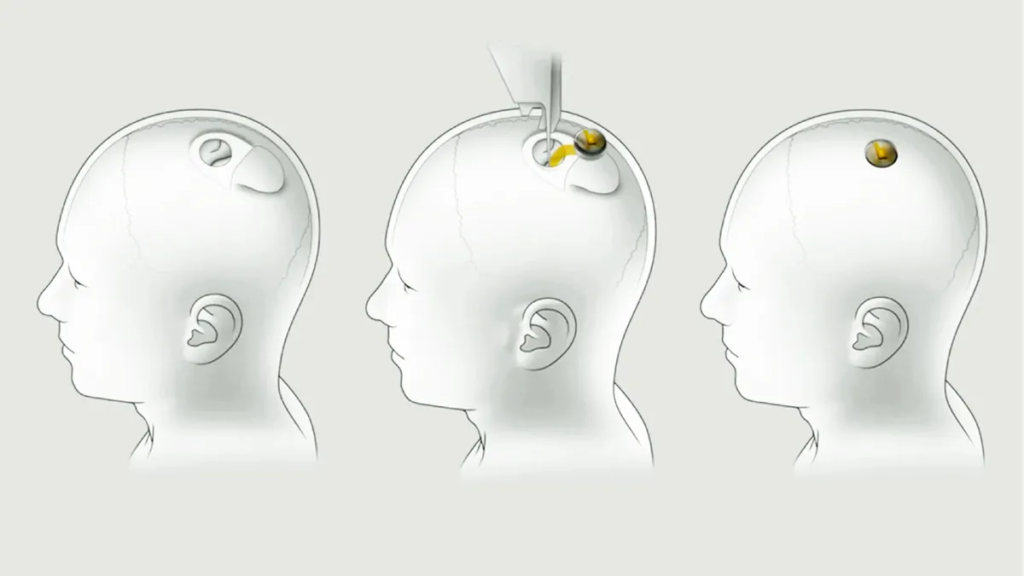A monkey holds herself up using the bars of her cage between shaking and vomiting. This is not the result of some horrific disease or condition; this is one of Elon Musk’s Neuralink chip testers. It aims to allow people to control electronic devices by sensing signals in their brains, which the implanted chip would pick up on and relay. So far we have seen this be used similarly to a mouse when implanted in a monkey’s brain, but it has the potential to work with mobility aids and prosthetic limbs.
Failures are to be expected when testing something so intrusive, but this is far from an isolated incident: approximately 1,500 animals died during testing before 2023 alone. The causes of death varied from brain swelling to literal loose screws, resulting in a variety of gruesome stories.
Eventually, as it always does, the buzz died down, and the Internet found new stories. The government did not punish Neuralink for the treatment of its animal test subjects either. It was widely forgotten until January 30, 2024, when Musk tweeted “The first human received an implant from @Neuralink yesterday and is recovering well. Initial results show promising neuron spike detection.” User @MikeIrvo posted a screenshot of it with the caption “The audio log you find in a trashed office in a sci-fi horror game:” Jokes flooded in, yet many failed to mention who Neuralink targeted with their product. If you click “Who It’s For” on their website, you will see in big letters: “We are currently focused on giving people with quadriplegia [paralysis of all four limbs] the ability to control their computers and mobile devices with their thoughts.”
While helping disabled people is admirable, Musk has admitted that he wants “to achieve a symbiosis with artificial intelligence.” Neuralink’s self-proclaimed goal may be intended to mitigate the public’s backlash against Musk’s vision and obtain approval for human trials from the FDA, which it recently granted. By seeking people with life-altering physical disabilities, Neuralink also obtains participants who may be desperate enough to overlook the kind of severe risk that would make most able-bodied people think twice.
Musk reported that the trial had gone well, but a single social media post is far from conclusive evidence. The lack of transparency means that experts’ worries cannot be assuaged or confirmed, leaving them and the public to wait for more information.

Diagram of neuralink implantation. Stephen Shankland/CNET
